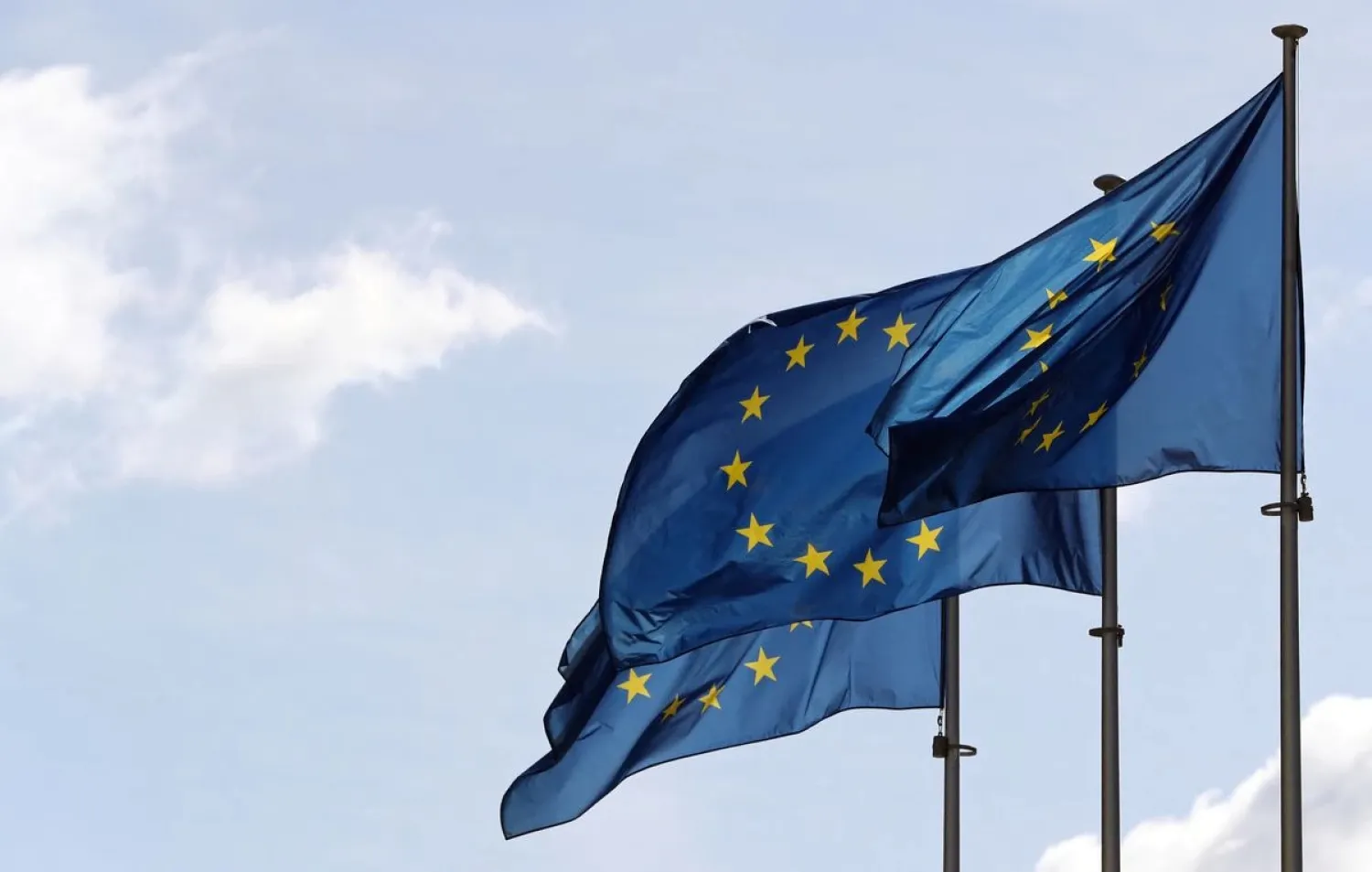The European Union on Monday slapped additional sanctions on Iran, targeting 29 individuals and three organizations over Tehran's widespread use of force against peaceful protesters.
The protests were triggered by the Sept. 16 death of Mahsa Amini. So far, 336 demonstrators have been killed in the unrest and nearly 15,100 detained, according to the activist HRANA news agency.
"We stand with the Iranian people and support their right to protest peacefully and voice their demands and views freely," EU foreign policy chief Josep Borrell said in a statement.
Among those sanctioned with travel bans and asset freezes are four members of the squad that arrested Amini, high-ranking members of the Revolutionary Guards and Iran's Interior Minister Ahmad Vahidi, according to an EU statement.
The sanctions are meant "to send a clear message to those who think they can suppress, intimidate and kill their own people without consequences," German Foreign Minister Annalena Baerbock told reporters as she arrived for a meeting with her EU counterparts in Brussels.
"They cannot," she added. "The world, Europe is watching."
In a first round of sanctions in October, the EU imposed travel bans and asset freezes on 15 Iranian individuals and institutions linked to the young woman's death and the clamp-down on protests.
The EU also targeted on Monday Iranian state television broadcaster Press TV, saying it was “responsible for producing and broadcasting the forced confessions of detainees.”
In what appeared to be a coordinated move, Britain also said Iranian Communications Minister Issa Zarepour and several local law enforcement and Revolutionary Guard Corps officials would face similar restrictions in the UK for their roles in the protest crackdown.
Zarepour and the head of Iran’s Cyber Police, Vahid Mohammad Naser Majid, were targeted “for shutting down the internet in Iran, including disabling Whatsapp and Instagram, and banning the use of the Google Play app and Virtual Private Networks (VPNs),” a statement said.
It noted that 22 other Iranian political and security officials were also listed in the UK over the “brutal violence aimed at protesters.”
The EU called on Iran to end the violence, free those detained, allow a free flow of information, including via the internet, and demanded an independent investigation into Amini’s death.
In a broadcast earlier Monday, French President Emmanuel Macron praised the women of Iran for making their voices heard.
“Women in Iran fight this fight with exceptional courage under the threat to their lives and the lives of their loved ones,” Macron told public radio FranceInter.









